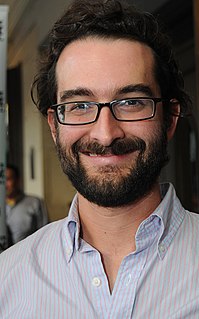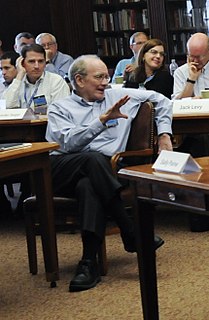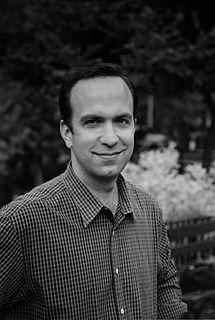A Quote by Michael Portillo
Like so many other grammar schools that flourished in Britain before they were abolished through a mix of ideology and political folly, Harrow County was a fiercely competitive institution, where all boys were taught to strive for excellence. It was precisely because of this demanding regime that results were so good.
Related Quotes
And with a few moments like that, with doubt from here and there, and within ourselves we were just striving for excellence. We had somehow understood and felt that all the musicians who would come to the House later on, that all the singers, the big artists, were striving for excellence in their life and we thought a house for them, there’s no limit to the excellence it should have because it should match their strive for perfection
I was brought up by a Victorian Grandmother. We were taught to work jolly hard. We were taught to prove yourself; we were taught self reliance; we were taught to live within our income. You were taught that cleanliness is next to Godliness. You were taught self respect. You were taught always to give a hand to your neighbour. You were taught tremendous pride in your country. All of these things are Victorian values. They are also perennial values. You don't hear so much about these things these days, but they were good values and they led to tremendous improvements in the standard of living.
I was a lonely child. My brother Tony and I were never very close, neither as children nor as adults, but I was tightly bound to him. We were forced to be together because we were really quite alone. We were in the middle of the Irish countryside, in County Galway, in the West of Ireland, and we didn't see many other kids.
There was this judgmental sense of what was good and what was bad in my father's words. You couldn't necessarily shut the people out who were not considered good. But on the other hand, as children we were told, you don't do those things, which means that you don't really mix with that crowd as much. You don't go to town on Saturday night and hang out and go to the beer parlors. Even though it was a dry county, there was plenty of moonshine and beer and liquor being brought in from other counties.
And fantasy it was, for we were not strong, only aggressive; we were not free, merely licensed; we were not compassionate, we were polite; not good, but well behaved. We courted death in order to call ourselves brave, and hid like thieves from life. We substituted good grammar for intellect; we switched habits to simulate maturity; we rearranged lies and called it truth, seeing in the new pattern of an old idea the Revelation and the Word.
How many boys like him were out there in the ether, holding on to their big brothers and sisters who were still alive? How many husbands were floating between life and death, clinging to their wives in this world? And how may millions and millions of people were there in the world like Charlie who wouldn't let go of their loved ones when they're gone?
Sitting in the darkness of the cinema, I got to see another world. This imaginary world was a refuge for many of us. Of course, the films were controlled and censored by the regime. But I still thought, around this time, that maybe making films would be good for me. I thought of expressing myself through this medium, and of doing something for the Kurds. The options were clear: either I'd work as a lawyer under the Baath regime or make movies independently.
The trouble with Eichmann was precisely that so many were like him, and that the many were neither perverted nor sadistic, that they were, and still are, terribly and terrifyingly normal. From the viewpoint of our legal institutions and of our moral standards of judgment, this normality was much more terrifying than all the atrocities put together.

































